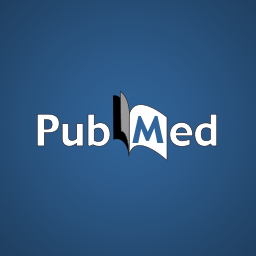A polysaccharide (termed ACPS-1) from mycelia of Antrodia cinnamomea under submerged culture was purified by hot water extraction and successive DEAE-52 cellulose and Sephadex G-100 column chromatography, and structurally characterized by FTIR, NMR, periodate oxidation, Smith degradation, and GC-MS. ACPS-1 (MW 2.296 × 104 Da) was composed primarily of Man, Xyl, Ara, Fuc and Rha with a molar ratio of 31.27:1.77:1.44:1.34:1.00, and its backbone consisted of repeating α-(1 → 3), α-(1 → 6), α-(1 → 2), and α-(1 → 4) glycosidic linkages. ACPS-1 displayed strong in vitro growth-inhibitory effects on several human and mouse cancer cell lines (HeLa, A431, H22 and S180), and were not cytotoxic to normal mouse spleen cells. Studies of the inhibitory mechanism revealed that ACPS-1 induced apoptosis and cell cycle arrest (cells remained in G2/M phase) through blocking of topoisomerase I/tyrosyl-DNA phosphodiesterase I (TOP1/TDP1)-mediated DNA repair pathway. Our findings suggest that ACPS-1 has strong potential applications in pharmaceutical and food industries, and as a novel anticancer agent based on its dual TOP1/TDP1 inhibitory effect.
Health News
The objective of this study was to determine the ameliorative effects of Antrodia cinnamomea polysaccharide (ACPS) against cyclophosphamide (CTX)-induced immunosuppression in BALB/c mice. Four weeks of oral ACPS treatment successfully improved bodyweight and organ indexes and enhanced the function of T cells and the cytotoxicity of natural killer cells. CTX administration has been shown to notably decrease immunoglobulin A, G and M, interleukin 2, 6 and 12, and interferon α and γ levels in serum and in the spleen, and ACPS abolished these effects. Furthermore, ACPS effectively increased the total antioxidant capacity by stimulating superoxidase dismutase, catalase, and glutathione peroxidase activity in serum and in the spleen and by inhibiting the increases in reactive oxygen species and malondialdehyde levels. Notably, ACPS induced the activation of erythroid 2-related factor 2 (Nrf2) related to down-regulating Kelch-like ECH-associated protein 1 expression, which leads to enhanced levels of downstream antioxidative enzymes, including heme oxygenase-1 (HO-1), superoxide dismutase 2, and catalase in the spleen and thymus. Therefore, the protective effects of ACPS on CTX-induced immunosuppression in mice may be the result of a reduction in oxidative stress and involved in the Nrf2/HO-1 pathway. Our study suggests that ACPS has potential for development as an effective anti-immunosuppressive agent.




